Storage Tank Water Heaters vs. Tankless Water Heaters: What's the Difference?
These two kinds of hot water heater work really differently. Here's what you require to understand before you buy.
A water heater is thought about a long-lasting investment and a necessity in every American house. When the time comes to replace the current water heater, do you plan to buy a tank water heater or the more energy-conscious tankless water heater?
While the storage water heater is more economical at first, the expense savings can build up. According to the US Department of Energy, houses with tankless hot water heater utilizing less than 41 gallons of hot water each day can see energy cost savings of as much as 34%. Greater usage houses balancing around 86 gallons daily can still see as much as 14% in energy performance compared to storage tank water heaters.
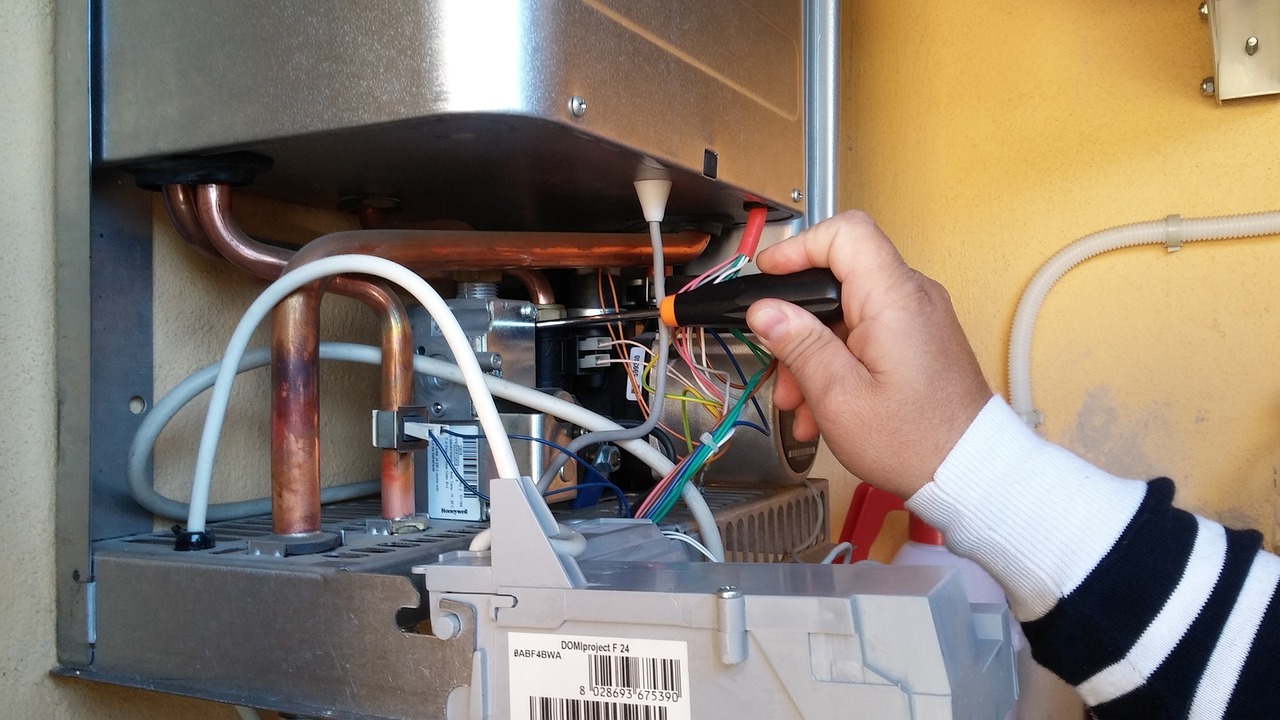
Nevertheless, that's not to state tankless hot water heater are the very best solution for everybody.
Tank water heaters have a lower preliminary expense, and buying one that's insulated can decrease standby heat loss and operating expense. Depending on the home's use of warm water, tank models could be a more cost efficient alternative.
Read on below as we compare storage tank hot water heater to tankless water heaters, including initial cost, things to think about and how to size a water heater for your house's needs.
The tank water heater is the one most renters and homeowners are familiar with. A traditional storage water heater ranges from 20 to 80 gallons in capability.
The tank is filled to capacity and warmed in the tank using whichever fuel source your home has-- electricity, gas, oil or lp. When the warm water tap is turned on, hot water is launched from the top of the tank.
Cold water is then filled from the bottom of the tank until it's complete, so there is always hot water available.
This procedure of constantly warming water in the tank contributes to standby heat loss. Standby heat loss is the quantity of heat lost when the water heater isn't being utilized. The older the hot water heater gets, the more standby losses can drive up energy costs.
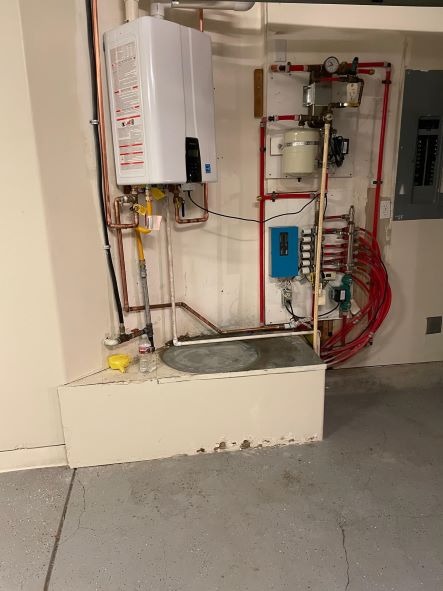
Tankless water heater
A tankless water heater, also called a rapid or on-demand water heater, only heats up water when it is needed. Water is heated up at a typical rate of 2 to 5 gallons per minute using one of three fuel sources-- electrical power, gas or propane.
Tankless water heaters are more effective than storage tank hot water heater in part because there is no standby heat loss.
Nevertheless, one drawback to a tankless water heater is the lack of capacity when running more than one warm water tap at the exact same time.
Gas-fired tankless heating units can also squander energy by keeping the pilot light burning to heat water in the tank to offer higher flow rates than electrical water heaters. One way to fight this is to choose a design with an intermittent ignition gadget rather than a standing pilot light.
Other factors to consider
Purchase price
The capability required for your hot water requirements will identify which price range your water heater will be. When considering purchase rate alone, a storage tank water heater will most often be more budget friendly than a tankless water heater.
The capability, fuel source, service warranty, brand name and measurements of the storage tank water heater will make a difference in the price.
Expect to pay in between $300 and $1,500 for a water heater, but some models and brands can run upward of $2,000.
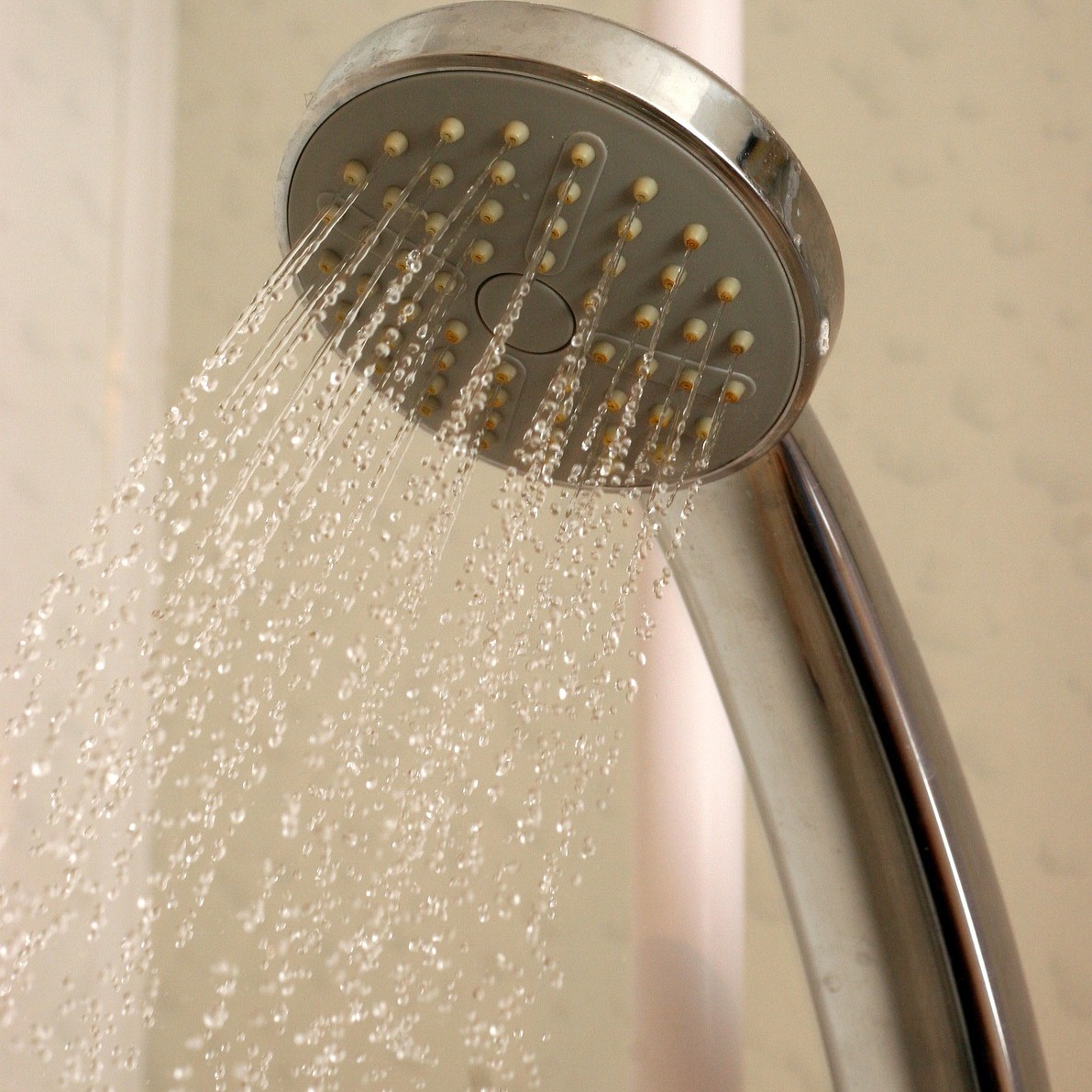
Tankless hot water heater can be bought to heat a single sink, tub or shower (referred to as point-of-use tankless hot water heater)-- or to heat water for the entire home. The purchase rate for a tankless water heater can be as low as $150 or as high as $2,500 or more. Solar-powered tankless water heaters are the most expensive, costing as much as $6,000.
There are online calculators you can utilize to figure out sizing for both kinds of hot water heater, consisting of tank heating units if needed. You can also determine your anticipated energy cost for an electrical or gas water heater.
Setup expense
Just like the purchase rate, setup expenses differ commonly, consisting of where you're located. Installing a point-of-use tankless water heater will be the most inexpensive, followed by tank water heaters and after that whole-house tankless heaters.
Average rates to set up a tank water heater variety from $400 to $1,000. The nationwide average to install a tankless water heater is about $2,500, with estimates as low as $1,000 and as high as $6,000 or more.
Some house owners can take a DIY route with tank water heaters and save on the installation costs. For tankless hot water heater, it's best to leave it to a professional, as the setup is more complicated.
Performance
If you choose the best capacity for your tank water heater, you must not run out of hot water. This is one factor the tank beats the tankless water heater. If you often run the dishwasher and washing device at the very same time, a tankless water heater may struggle to keep up with demand.
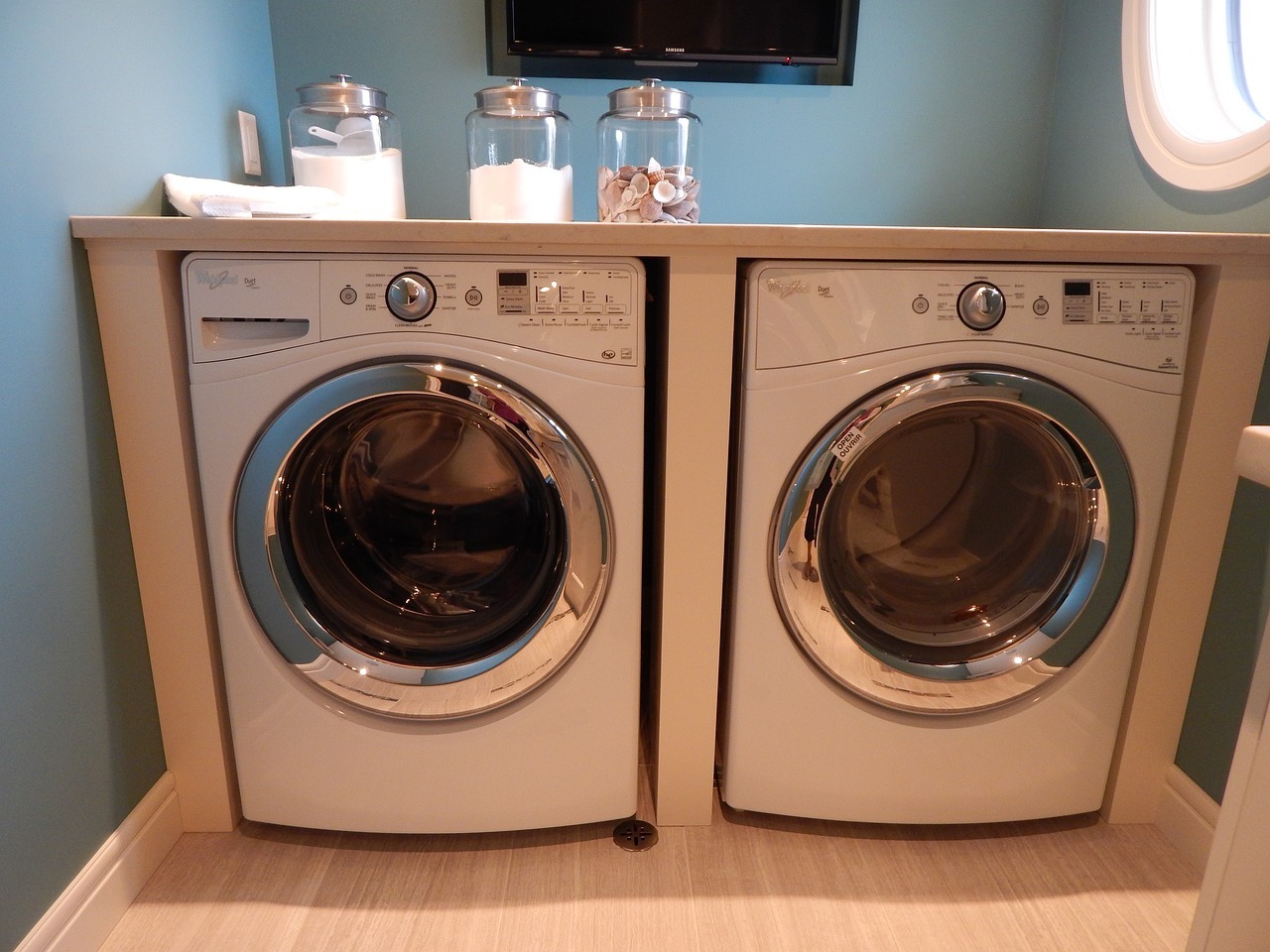
However, this can be solved by setting up more than one tankless water heater to stay up to date with your home demands or setting up a point-of-use model where the water is being utilized.
Use the calculators linked above to determine your needs, which can assist identify the ideal size water heater for your home.
Energy performance
Tankless water heaters are an appealing option to storage tank hot water heater for their energy effectiveness. Standby heat loss is a big consider greater energy costs and efficiency in storage tank water heaters, though acquiring an insulated system can minimize heat loss.
The United States Department of Energy approximates tankless hot water heater are 8 to 34% more effective to run than storage water heaters.
Life of the system
When considering the life span of each kind of water heater, tankless heating systems are expected to last longer. Price quotes provide storage tank water heaters about 10 to 15 years per unit, while tankless can last for 20 years or more.
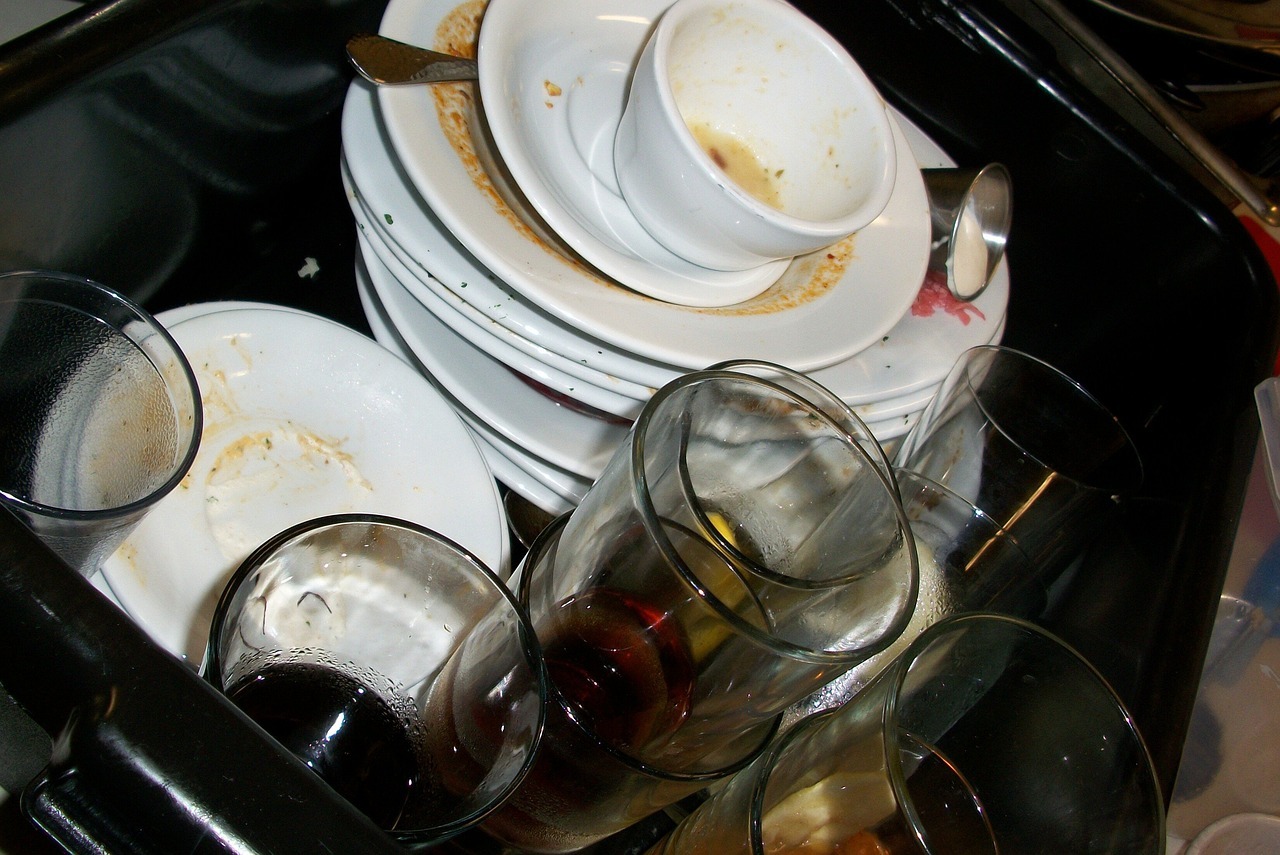
One method to extend a storage water heater's life is to replace the anode rods, a component that assists sluggish rust and deterioration.
The frequency depends upon the type of heater and if there is hard or soft water in the house.
Conclusion
In the battle of tank hot water heater versus tankless hot water heater, tankless wins in practically every classification. However, you'll pay more to buy and set up the tankless water heater. Ultimately, if rate is a concern, it's a great idea to use calculators to identify capability needs and energy usage to find the break-even point for the greater preliminary expense of the tankless water heater compared to energy effectiveness cost savings.
If your family has regular simultaneous warm water needs, consider the expense of setting up 2 tankless heating units to keep up with need versus setting up a higher capacity storage tank water heater. If you select a tank design, ask before purchase and setup to discover the price of replacing the anode rods and when it ought to happen, to extend its life expectancy.
If you live in the San Francisco Bay Area and the surrounding cities like San Mateo, San Carlos, Mountain View, Campbell, San Jose, Milpitas, Fremont, Hayward, San Leandro, Burlingame, Daly City and South San Francisco and need help with an installation, I suggest calling Legacy Plumbing and Rooter (408) 649-3149. We are here to answer your questions as well.
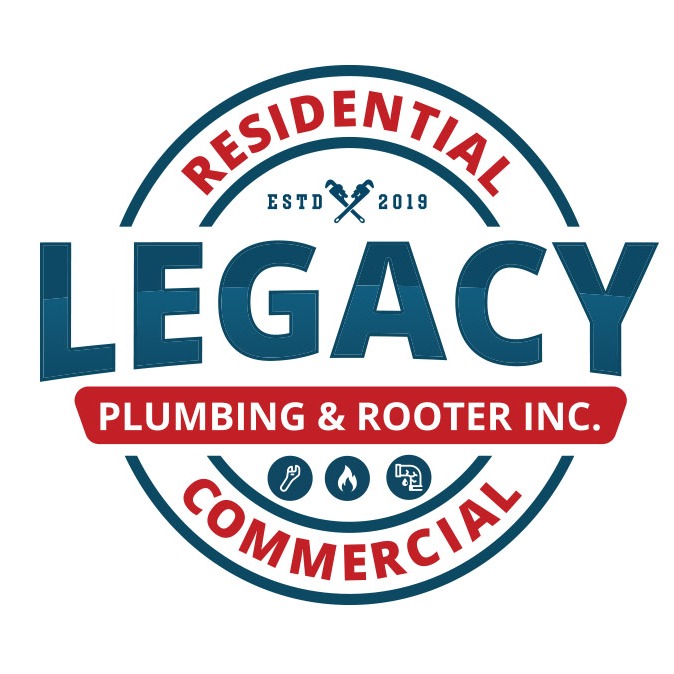
 Add Row
Add Row  Add
Add 






Write A Comment